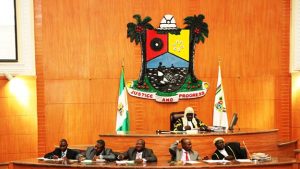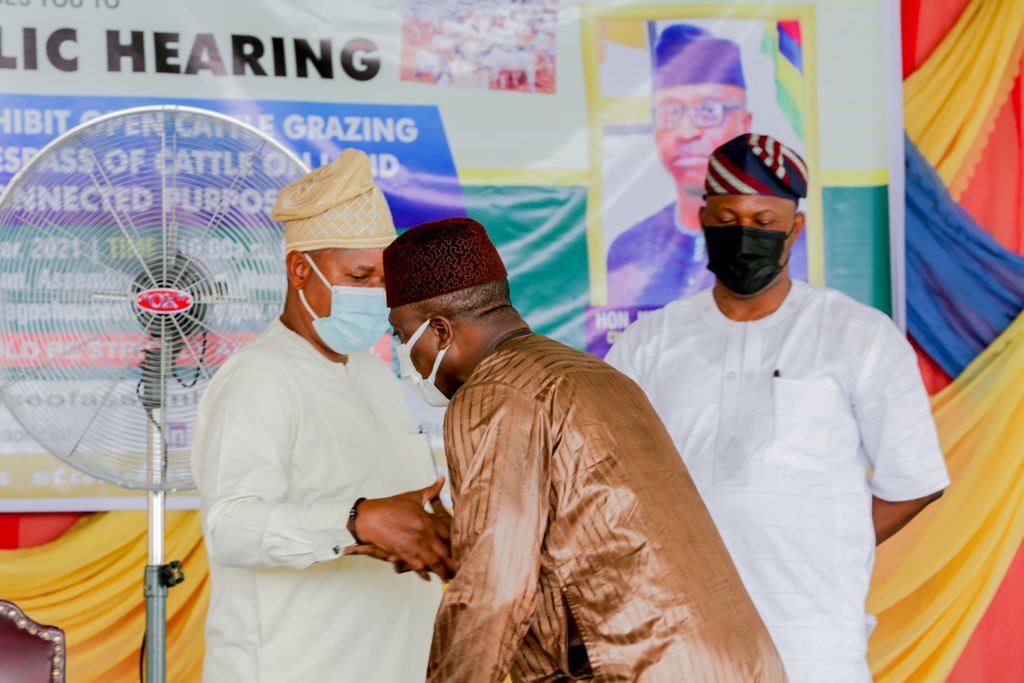
Stakeholders at Wednesday’s public hearing held at the Lagos State House of Assembly agreed that prohibition of open cattle grazing was the best way to ensure security of lives and property.
This was as the Speaker of the House, Mudashiru Obasa, said the bill was intended to create an atmosphere that would encourage peaceful co-existence among residents.
Obasa, who was represented by the Deputy Speaker, Hon. Wasiu Eshilokun-Sanni, said in his keynote address that it was important to address the issue of cattle rearing, especially as it affects security and other human desires.
The Speaker added that the issues involved with the current ways of cattle rearing and open grazing called for concerted efforts for stability and economic development.
“If there is no security, there will be no peace and development. Farmers/herders clash appears to be the oldest. Both the farmers and herders are critical to food stability.
“Both of them affect our health. Their conflicts lead to insecurity and claim lives and properties. We must engage ourselves to make the right decisions,” the Speaker said.

Also speaking, Hon. Kehinde Joseph, chairman of the House Committee on Agriculture, said that the proposed law was meant to ensure peace between herders and farmers in the state.
According to Joseph, the proposed law is meant to ensure the registration of herders and prohibition cattle roaming.
On his part, the President of the Lagos State Sheep Farmers Association, Mustapha Ibrahim, described the bill as all-embracing and would ensure a symbiotic relationship between cattle rearers and farmers.
He also advocated for a legislation to promote the creation of farm estates across the state.
However, in his submission, Zonal Secretary of Myetti Allah Cattle Breeders Association in the South West, Meikudi Usman, appealed to the state government for assistance as he noted that ranching is more expensive than open grazing.
Usman, who agreed that there were some criminally-minded herders, argued that raising a cow in one location could increase the price of a cow to as much as N2 million just as he pleaded with the government to subsidise the cost of raising the cattle in one location.
“We agreed with some local chiefs in other states that anyone who wants to rear cow in a location should register and he should indicate when he is leaving.
“A Fulani man moves from one place to another to ply his trade, but we have some bad eggs that are causing trouble. The government should allow us to talk to our people that they don’t want our cows to destroy people’s farmland,” he said.
This article was originally published on Naija News


